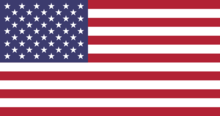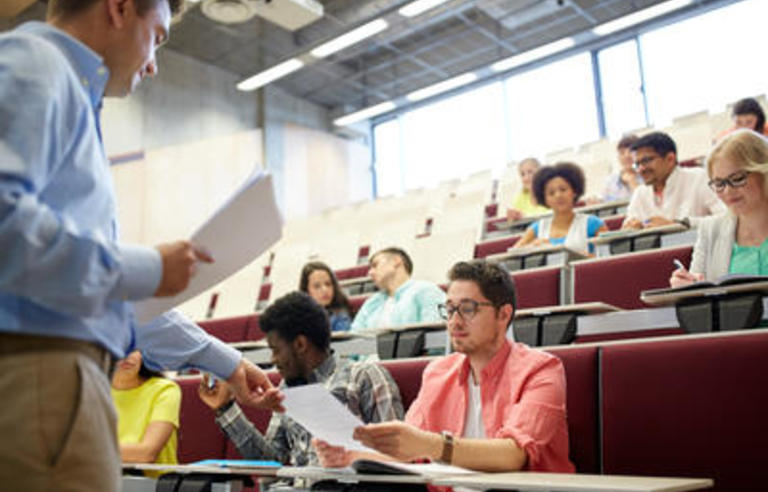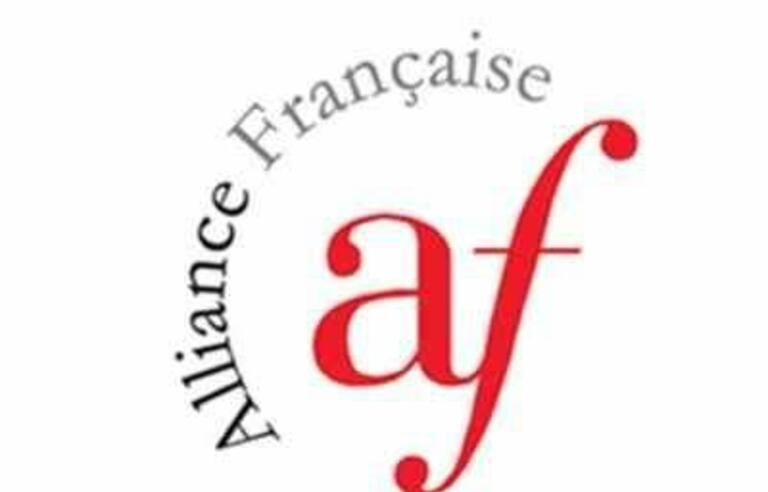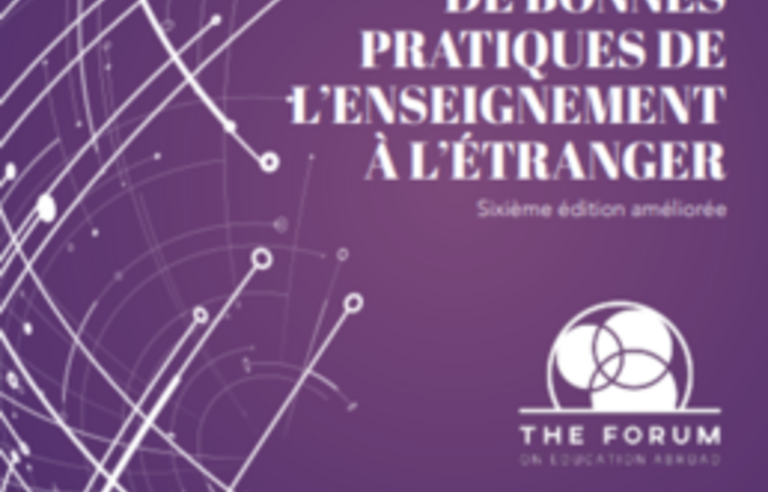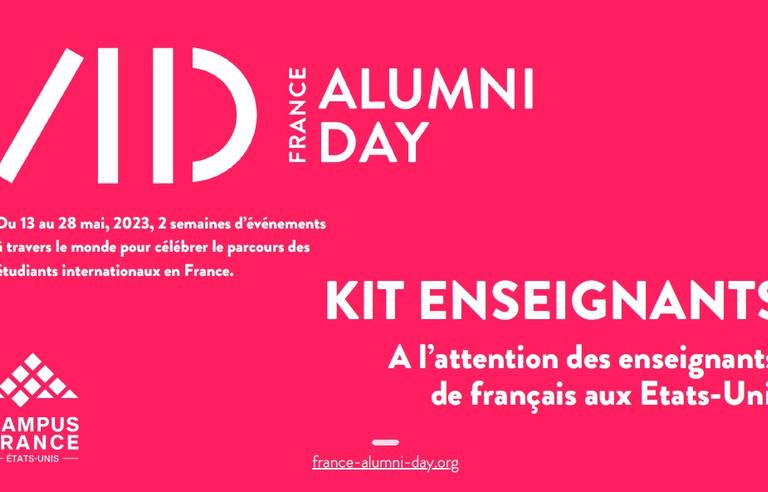Economie sociale et solidaire : EXPLORING MASTER'S PROGRAMS IN FRANCE

In the Exploring Master's in France Series, Campus France USA showcases opportunities for U.S. students to pursue graduate degrees in France within four key disciplines, including Social and Solidarity Economy.
What is Economie sociale et solidaire?
Economie sociale et solidaire (ESS) is the study of economics with a lens of social justice and equity. ESS refers to a set of enterprises organized in the form of cooperatives, mutuals, associations, or foundations, whose internal functioning and activities are based on a principle of solidarity and social utility.
The law on the social and solidarity economy, adopted in July 2014, provides a legal framework for the sector and recognized its uniqueness and values.
Today in France, the social and solidarity economy (SSE) is comprised of 221,325 companies and 2.37 million employees, representing 10.5% of employment in France. 68% of those employees are women. According to an estimation by l’Institut national de la statistique et des études économiques (INSEE, National Institute of Statistics and Economic Studies) in 2013, the SSE's share of the value added created in France is approximately 100 billion euros. In comparison, Europe contains 2.8 million companies and 13.6 million employees.
SSE companies are innovative in many fields such as renewable energy, medical research, organic agriculture, finance, and more. The sector offers career opportunities for young people through a wide variety of professions spanning the public and private sectors. French law also opens opportunities to organizations that support causes such as support to persons in a situation of fragility, the fight against exclusion and inequalities, and education in citizenship.
Social economy a key piece of the UN Sustainable Development Goals (SDGs)
Such conviction and commitment to the ideals of SSE include the adoption of an Action Plan in favor of SSE by the European Commission in December 2021 as well as the more recent adoptions of resolutions for SSE by the OECD and ILO in June 2022.
In collaboration with the members of the United Nations, France is working to realize the 2030 Agenda for Sustainable Development and the Sustainable Development Goals (SDGs) and “represent a renewed global commitment to not only end poverty and hunger but also achieve universal social protection, reduction of inequalities and environmental sustainability, all requiring fundamental changes in the way our economies function.” To reach goals, countries are looking at alternative development strategies and emerging economic models that can be optimized for sustainability and inclusiveness.
“SSE can play a crucial role in the realization of the 2030 Agenda and the SDGs through concrete social, institutional and technological innovations and practices. The linkages between SSE and all 17 SDGs … draw attention to its potential as an alternative model of development that can address the structural underpinnings of exclusionary and unsustainable development.” (Excerpt from the TFSSE document).
Opportunities in France Higher Education
Students who wish to study social and solidarity economics are privileged to experience the collaborative methods employed by France and other member states of the European Union, as well as the United Nations, to create a more united and inclusive development in the world. Cities like Paris and Strasbourg boast hubs of international cooperation, meanwhile Erasmus Mundus and Erasmus+ degrees allow students to experience diverse pedagogy and international perspectives across different universities.
Resources for ESS students
-
Portail de l'emploi dans l'économie sociale et solidaire : métiers, formations, offres d'emploi
The French government also supports these group efforts for collaboration between organizations and individuals. The French Chamber of Social and Solidarity Economy and the Portail de l'emploi dans l'économie sociale et solidaire are useful resources to find jobs and inspiration for a career in the domain.
Specific Program Pathways
See the Campus France USA degree catalogs for broader research on degree programs in French institutions that are open for international candidates.
-
Bienvenue en France, Diplôme national
-
The chosen specialization (Major and Minor) determines most of the student’s mobility: one or two different universities during Year 1 and a (long) semester in Paris (September-February) during Year 2. For the last semester, students can complete their Master’s thesis in the most relevant context for their project, which can be a “research lab environment” or a “professional internship”.
-
The choice of promoting French as an output fully integrated to the Master’s course is to insist on the importance of languages in cultural exchanges: an aim is to maximize the ability of students to engage with the local societies within which they will live (notably in France). Additionally, French is a language spoken in many countries in the world, one of the major working languages in the international institutions in which the students could be hired (UN, UNESCO, ILO, OECD…).
-
Taught in English
-
Bienvenue en France, Diplôme national, Taught in English
-
The Master EGEI programme meets an increasing demand for graduates who have the skills to competently analyse issues of globalisation and economic integration, make relevant policy or strategic recommendations in the public and private sector.
-
The study programme is full-time and runs over 24 months. It is taught by staff of the eight partner institutions and by high-profile visiting scholars. During the 2-years students move to at least three different universities in three different countries. Partners include Universite de Lille, Ghent University, Universita degli studi di bari Aldo Moro, CEPS, Xiamen University, University of Tartu, Universidad de Cantabria, and Universidad Tecnica Federico Santa Maria
Master Transitions écologiques, économiques et sociales (TREES), Université Paris 8


